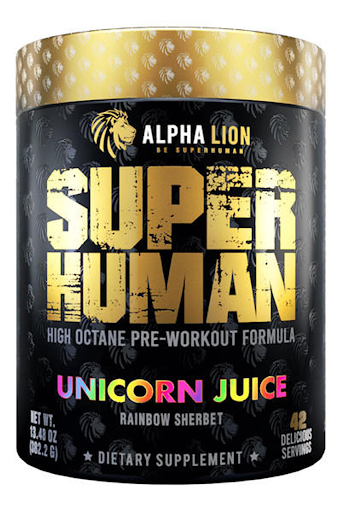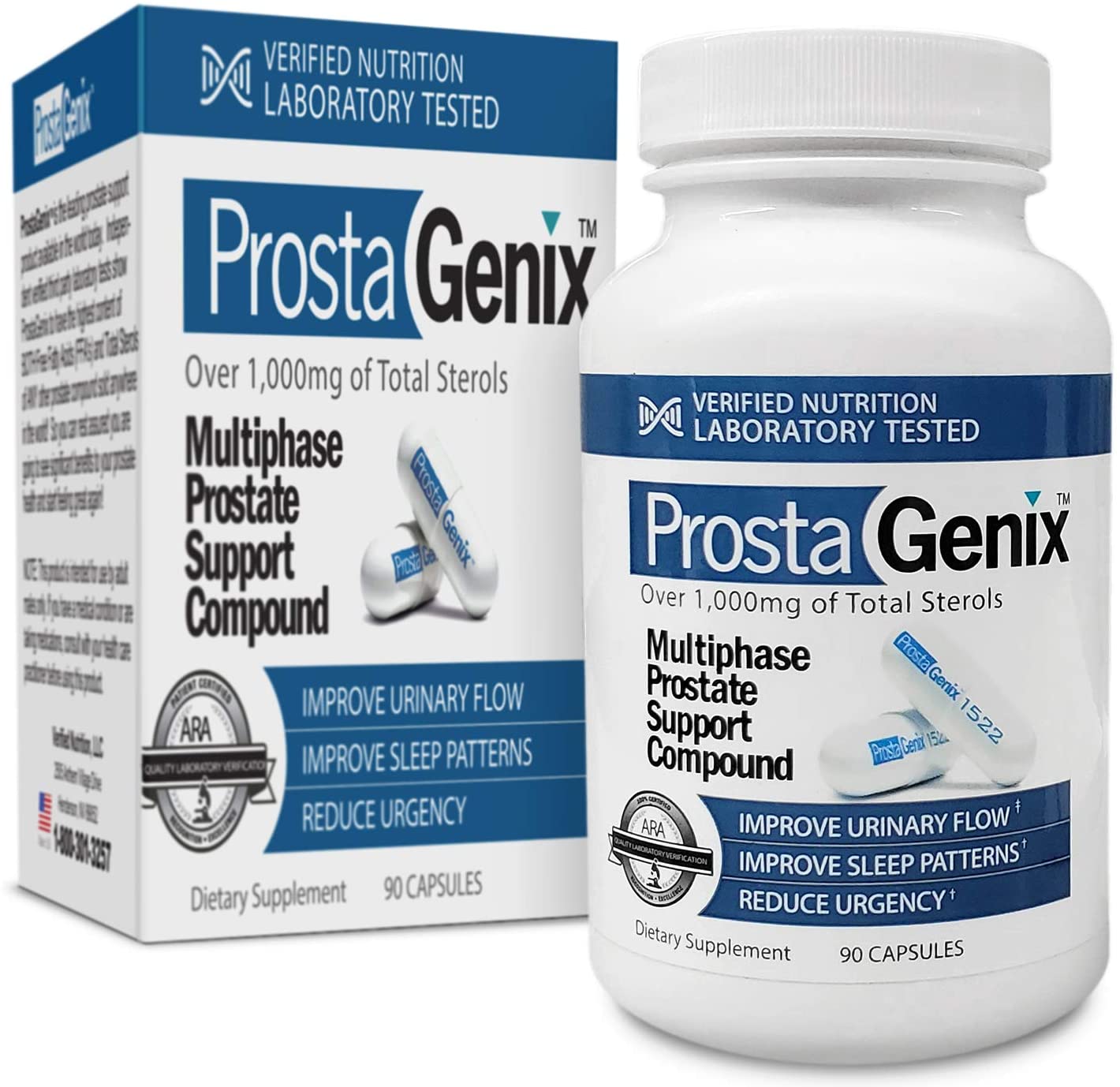As part of your efforts to become healthier, fitter, and more energetic, pre-workout nutrition is of critical importance. No matter, if you are an experienced gym-goer, yoga practitioner, or cardio champion – what you consume prior to working out, can have a major effect on performance and results – acting like fuel for your muscles while prepping your mind for what lies ahead physically.
But here’s the catch: not all workouts are created equal. Cardio, strength training, and yoga are three distinct exercise types, each with its own set of goals and demands. What works as an ideal pre-workout supplement for one may not be suitable for another. That’s where the art of customization comes into play.
In this blog post, we’ll embark on a journey through the diverse landscape of pre-workout nutrition. We’ll delve into the specifics of cardio, strength training, and yoga, uncovering the unique requirements of each. More importantly, we’ll explore how you can tailor your pre-workout supplements to maximize your performance and results for each workout type.
Whether you’re chasing that runner’s high, aiming to conquer new personal records in the weight room, or seeking balance and serenity through yoga, your pre-workout nutrition strategy can make a world of difference. So, let’s dive in and discover the secrets to customizing your pre-workout nutrition for success in any workout style.
Table of Contents
What is Pre-Workout Nutrition?
Pre-workout nutrition refers to the practice of consuming specific foods or supplements before engaging in physical exercise. It’s essentially the foundation upon which your body’s energy and stamina are built before you hit the gym, yoga mat, or running track. Pre-workout nutrition is designed to provide your body with the necessary nutrients, hydration, and energy to optimize your workout performance and recovery.
Pre-workout nutrition isn’t a one-size-fits-all concept; it varies depending on factors like your workout type, fitness goals, and individual preferences. While some individuals prefer whole foods for their pre-workout fuel, others rely on pre-workout supplements, which are specially formulated to deliver a precise blend of ingredients tailored for exercise.
Role of Pre-Workout Supplements
Pre-workout supplements such as Superhuman Pre have gained immense popularity in recent years, and for good reason. They serve several crucial roles in enhancing your workout experience:
- Energy Boost: Many pre-workout supplements contain caffeine or other energy-boosting ingredients that can help combat workout fatigue. They stimulate your central nervous system, increasing alertness and energy levels.
- Improved Endurance: Some supplements are formulated to enhance endurance by increasing blood flow to muscles, reducing muscle fatigue, and delaying the onset of muscle soreness.
- Focus and Mental Clarity: Pre-workout supplements can also support mental focus and clarity, helping you stay motivated and concentrated during your workout.
- Nutrient Delivery: They often contain essential nutrients like amino acids, vitamins, and minerals that are essential for muscle function, repair, and growth.
- Hydration: Certain supplements include electrolytes to help maintain proper fluid balance and prevent dehydration during intense workouts.
Common Pre-Workout Ingredients
Pre-workout supplements are formulated with a variety of ingredients, and their effectiveness depends on the combination and dosage. Some common pre-workout ingredients include:
- Caffeine: A natural stimulant that increases alertness and energy levels. It’s widely used for its ability to improve workout performance.
- Beta-Alanine: Helps reduce muscle fatigue and increase endurance by buffering lactic acid build-up.
- Creatine: Supports the production of ATP (adenosine triphosphate), the body’s primary energy currency, enhancing strength and power.
- Branched-Chain Amino Acids (BCAAs): Leucine, isoleucine, and valine are BCAAs that aid in muscle protein synthesis, reduce muscle soreness, and promote recovery.
- Nitric Oxide (NO) Boosters: Ingredients like L-arginine and citrulline can increase blood flow, improving nutrient and oxygen delivery to muscles.
- Vitamins and Minerals: Nutrients like vitamin B, vitamin C, and magnesium are often included for their role in energy metabolism and muscle function.
The Different Workout Types
When it comes to pre-workout nutrition, understanding the specific characteristics, goals, and demands of different workout types is essential. Each type of exercise requires a tailored approach to ensure you get the most out of your efforts. Let’s explore the unique considerations for cardio workouts, strength training sessions, and yoga practices.
Cardio Workouts
Cardiovascular workouts are characterized by continuous, rhythmic movements that elevate your heart rate and breathing. These workouts aim to improve cardiovascular fitness, burn calories, and enhance endurance. Common cardio activities include running, cycling, swimming, and aerobics.
Pre-Workout Needs
Cardiovascular workouts require a steady supply of energy for sustained effort. Consider these pre-workout needs:
- Carbohydrates: Consume complex carbohydrates like whole grains, fruits, or vegetables about 1-2 hours before your cardio session to provide a gradual release of energy.
- Hydration: Proper hydration is crucial. Drink water to ensure you’re well-hydrated before starting your workout.
- Electrolytes: If your cardio session is intense or prolonged, consider a sports drink with electrolytes to maintain fluid balance.
Recommended Supplements
For cardio workouts, pre-workout supplements that can boost endurance and energy levels are valuable. Recommended supplements include:
- Caffeine: It provides an energy boost and can help improve aerobic performance.
- BCAAs: These amino acids can reduce muscle fatigue and improve endurance.
- Beetroot Extract: It contains nitrates that enhance oxygen utilization, aiding endurance.

Strength Training Workouts
Strength training involves lifting weights or resistance exercises to build muscle, increase strength, and improve body composition. The primary goals are muscle hypertrophy, strength gains, and enhanced metabolic rate.
Pre-Workout Needs
Strength training requires immediate energy and muscle support. Consider these pre-workout needs:
- Protein: Consume a source of protein (e.g., lean meat, yogurt, or a protein shake) 1-2 hours before strength training to support muscle repair and growth.
- Carbohydrates: Include some carbs for energy, especially if your strength workout is intense or lengthy.
- Hydration: Like cardio, proper hydration is essential for strength training.
Recommended Supplements
Pre-workout supplements like CBUM Thavage for strength training should focus on muscle performance and recovery. Consider these options:
- Creatine: It enhances ATP production, improving strength and power.
- Beta-Alanine: Reduces muscle fatigue, allowing for more reps and sets.
- Whey Protein: A quick-digesting protein source that can be consumed as a shake before training.
Yoga Workouts
Yoga is a mind-body practice that emphasizes flexibility, balance, and mental relaxation. Its goals include increased mobility, stress reduction, and enhanced mindfulness.
Pre-Workout Needs
Yoga is less intense than cardio or strength training, but you still need adequate fuel for focus and flexibility. Consider these pre-workout needs:
- Light Meal: Opt for a light, easily digestible meal 1-2 hours before yoga to avoid discomfort.
- Hydration: As with other workouts, stay hydrated.
Recommended Supplements
Yoga workouts typically don’t require supplements like those for cardio or strength training. However, you may benefit from:
Adaptogens: These herbs (e.g., ashwagandha or rhodiola) can help reduce stress and enhance relaxation, supporting the meditative aspects of yoga.
Customizing Pre-Workout Supplements
Tailoring your pre-workout supplements to your specific needs and workout type can significantly enhance your performance and results. Here’s how you can customize your approach:
Factors to Consider
Your fitness goals play a crucial role in determining your pre-workout supplement strategy. Whether you’re aiming for weight loss, muscle gain, improved endurance, or stress reduction (in the case of yoga), your goals should guide your choices.
- Weight Loss: Focus on supplements that boost energy and metabolism, such as caffeine and BCAAs.
- Muscle Gain: Prioritize supplements that enhance strength and muscle performance, like creatine and beta-alanine.
- Endurance: Look for products that improve endurance, such as caffeine or beetroot extract.
- Stress Reduction (Yoga): Consider adaptogenic herbs like ashwagandha to support relaxation and mental clarity.
Workout Intensity
The intensity and duration of your workout also impact your pre-workout needs. High-intensity workouts, like HIIT or heavy lifting, require more immediate energy and muscle support than moderate or low-intensity activities.
- High-Intensity: Opt for supplements that provide quick energy, such as caffeine and beta-alanine.
- Moderate/Low-Intensity: Focus on hydration and a balanced meal/snack before your workout.
Dietary Restrictions
Dietary restrictions or preferences, such as vegetarian or vegan diets, can influence your supplement choices. Make sure your supplements align with your dietary choices and restrictions.
- Vegetarian/Vegan: Look for plant-based or vegan-friendly supplements.
- Food Allergies: Avoid supplements with ingredients that trigger allergies.
Timing
Timing your pre-workout supplement intake is critical. The timing can vary depending on the type of supplement and your individual tolerance.
- Caffeine: Consume caffeine-containing supplements about 30-60 minutes before your workout for the best effect.
- Protein: Aim for a protein-rich meal or shake 1-2 hours before strength training.
- Adaptogens (Yoga): Take adaptogenic herbs like ashwagandha 1-2 hours before yoga to promote relaxation without drowsiness.

Sample Pre-Workout Nutrition Plans
Now, let’s explore some sample pre-workout nutrition plans tailored to different workout types:
Cardio-Specific Supplement Plan
- Goals: Improved endurance and calorie burn.
- Supplements:
- 200-400 mg of caffeine for energy.
- BCAAs to reduce muscle fatigue.
- Beetroot extract for enhanced oxygen utilization.
- Timing: Consume 30-60 minutes before cardio.
Strength Training-Specific Supplement Plan
- Goals: Increased muscle strength and growth.
- Supplements:
- 3-5 grams of creatine for improved power.
- 2-4 grams of beta-alanine to delay muscle fatigue.
- A whey protein shake 1-2 hours before training for muscle support.
- Timing: Creatine and beta-alanine can be taken 30 minutes before; whey protein 1-2 hours before.
Yoga-Specific Supplement Plan
- Goals: Stress reduction and mental clarity.
- Supplements:
- Ashwagandha or Rhodiola for adaptogenic support.
- Timing: Take adaptogens 1-2 hours before yoga to support relaxation and focus.
Pre-Workout Nutrition Beyond Supplements
In the quest for peak physical performance and overall well-being, we’ve delved into the world of pre-workout nutrition, explored the nuances of different workout types, and learned how to customize supplements to meet our specific goals. However, it’s important to remember that pre-workout nutrition goes beyond just supplements. Here, we conclude our journey by emphasizing the significance of whole food options, hydration and electrolytes, and the art of timing and portion control.
Whole Food Options
While pre-workout supplements can be valuable tools, they should complement, not replace, whole-food options. Incorporating real, nutrient-dense foods into your pre-workout routine provides essential vitamins, minerals, and dietary fiber that supplements may lack. Here are a few whole-food choices to consider:
- Complex Carbohydrates: Opt for foods like oatmeal, sweet potatoes, or brown rice for sustained energy.
- Lean Protein: Incorporate sources like chicken, turkey, tofu, or Greek yogurt to support muscle repair and growth.
- Healthy Fats: Include sources such as avocados, nuts, and seeds for longer-lasting energy.
- Fruits and Vegetables: These provide vitamins, minerals, and antioxidants for overall health and performance.
Hydration and Electrolytes
Proper hydration is a fundamental aspect of pre-workout nutrition, irrespective of your workout type. Dehydration can lead to decreased performance and even potential health risks. Ensure you’re adequately hydrated before, during, and after exercise. Consider these hydration tips:
- Water: Drink sufficient water throughout the day to maintain overall hydration.
- Electrolytes: In high-intensity or prolonged workouts, replenish electrolytes lost through sweat with sports drinks or natural sources like coconut water.
- Listen to Your Body: Pay attention to thirst cues and individual hydration needs.
Timing and Portion Control
Timing your pre-workout meal or snack is as crucial as the content. Eating too close to your workout can lead to discomfort, while eating too early may leave you feeling sluggish. Portion control ensures you provide your body with the right amount of fuel without overdoing it:
- Timing: Consume a balanced meal or snack 1-2 hours before exercise for optimal digestion and energy release.
- Portion Size: Tailor your portions to the intensity and duration of your workout. A light snack may suffice for a yoga session, while more substantial meals are suitable for longer cardio or strength training sessions.
Conclusion
In the pursuit of fitness, we often focus on the sweat, the reps, and the post-workout gains. Yet, we sometimes overlook the pivotal role that pre-workout nutrition plays in our journey toward a healthier, stronger, and more energetic self. Throughout this exploration of pre-workout nutrition for different workout types, we’ve uncovered a wealth of knowledge and insights to guide us on this path.
In conclusion, pre-workout nutrition is a holistic endeavor, encompassing supplements, whole foods, hydration, and smart timing. It’s a journey of self-discovery, where experimentation, adaptation, and listening to our bodies are the keys to success. By understanding and embracing the power of customized pre-workout nutrition, we empower ourselves to excel in our chosen workouts, transcend our fitness goals, and ultimately, lead healthier and more vibrant lives. So, as you prepare to embark on your next workout, remember that your pre-workout nutrition is the compass guiding you toward your personal fitness summit.




